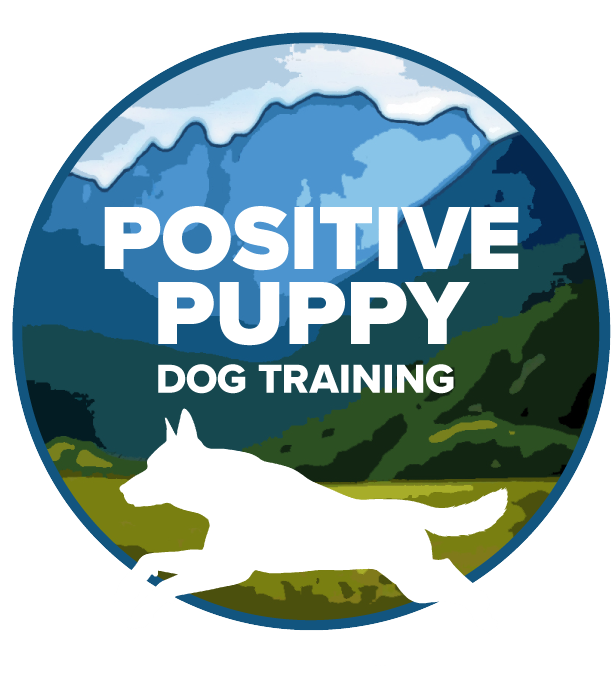Prevention or Crisis Intervention Dog Training?
In many ways, puppies are like human babies that are like little sponges that absorb every little thing around them. Although, puppies are still DOGS, not people. They engage with you at a much earlier age and can learn as early as 3-5 weeks old. In fact, there are some critical learning periods at that 5 week old marker and up to 8 weeks. During that 5 week age it is critical that puppies have positive experiences with older dogs that are fair and patient with puppies. This period of time is crucial dog to dog socialization. Many good breeders will allow puppies to socialize with older dogs for exactly that purpose. Puppies that have this experience are usually much more social with other dogs than pups that are not given this experience.
Puppies that are allowed to be naturally weaned and stay with their litter until they are a minimum of 8 weeks old learn critical bite inhibition. Puppies that are sold or placed earlier than 8 weeks are much more likely to have challenging chewing and biting issues both with people and with other dogs. Of course, there are always exceptions to every rule, but these are some pretty important guidelines.
This also means that learning good behaviors in the house are just as critical. If puppies are allowed to jump on people and then are petted for doing such at this early age become a nightmare to live with later, jumping on clean clothes, knocking over the elderly or children, or traumatizing people that are afraid of dogs. Dogs that are allowed to jump on people (sitting or standing) at an early age also begin to explore things that are up high, like kitchen counters. Counter surfing is extremely difficult to stop along with jumping and can be life threatening. A dog that grabs a steak knife could mean serious injury or even death.
The same thing is important to remember when puppies mouth or bite people. What they learn when they first come home, are behaviors they will practice as an adult. Biting or growling is never appropriate for puppies or adults. And, it doesn’t matter if it’s a big dog or little dog the rule is still the same and can help to prevent some forms of aggression.
Teaching a puppy self control is one of the most valuable things you can do. So many people will see puppies that I work with and think they are “mellow” when in fact they have been taught that having self control and respect is a positive thing. No puppy comes out of the box just entirely “mellow” and well behaved. This is training and reward for livable quiet and self control behaviors. Puppies must still have play time, but they should always “work” for it with self control behaviors like sitting or stay before being allowed to go play.
Preventing unwanted behaviors is ALWAYS the best avenue instead of waiting until something unfortunate happens. Puppies can begin learning good manners the minute they come home and is so much easier and fun for us than waiting until they are 6 months or older after they have been practicing irritating or dangerous behaviors for some time. Best of all, when we start training before a puppy is 16 weeks old, we imprint those good behaviors for a life time!
Caption: “Ozzie started his training at 8 weeks old and by the time he was 16 weeks old he could sit, down, watch his owner, leave it, stay, heel without pulling. He did not bite people, cry in his crate and was almost entirely potty trained.”

